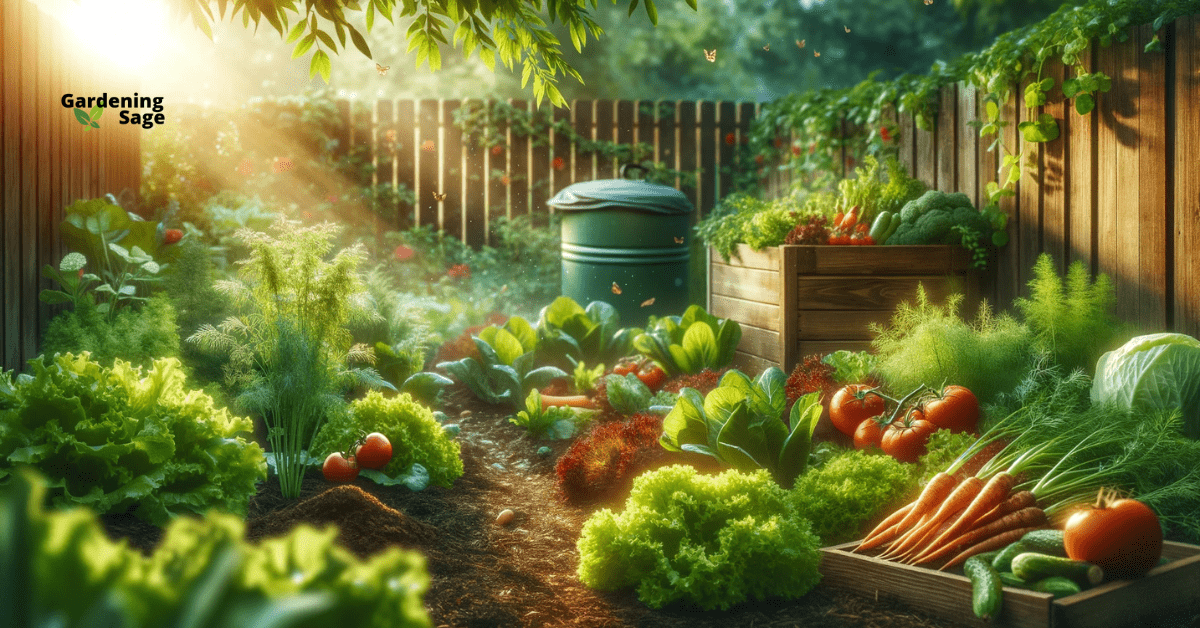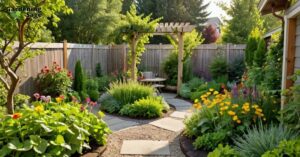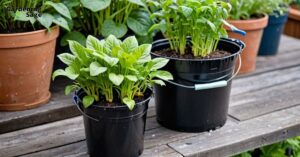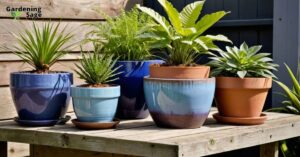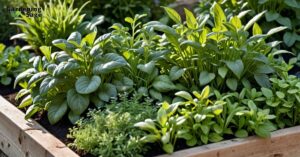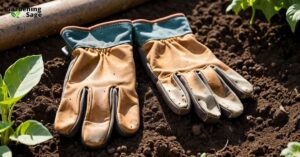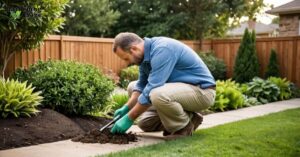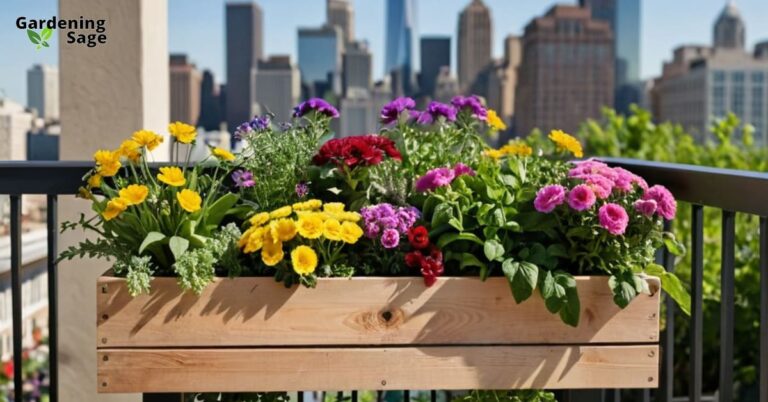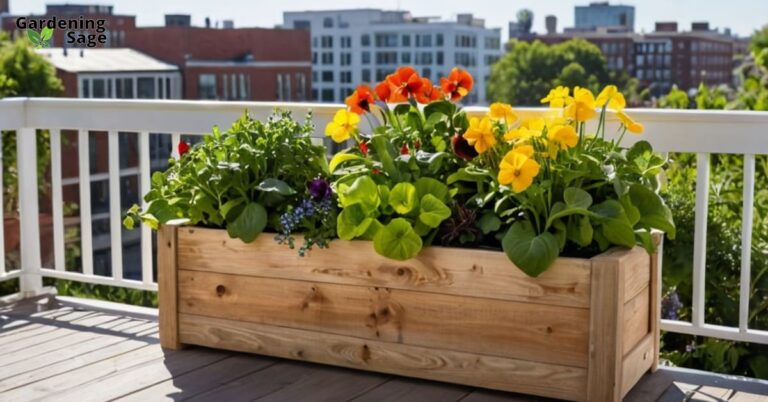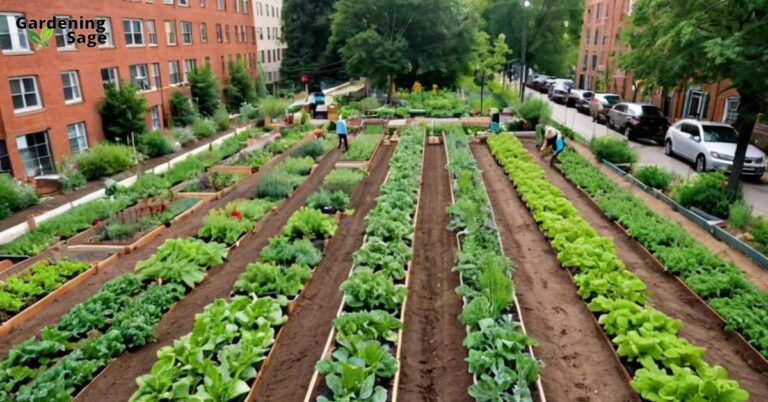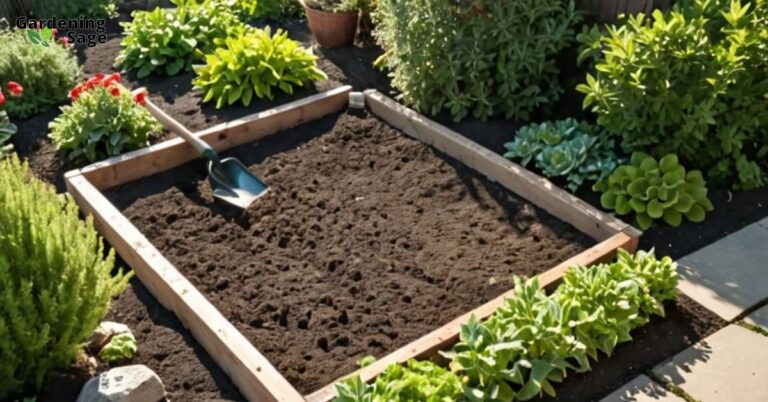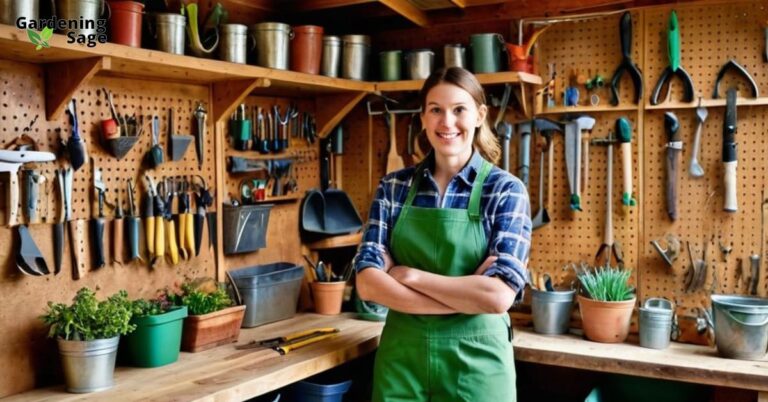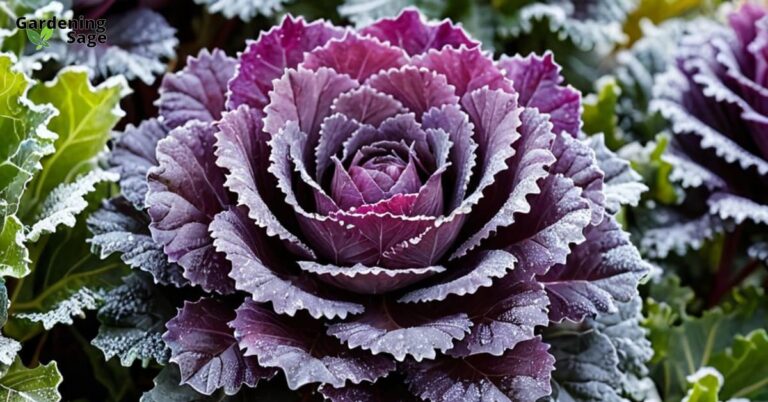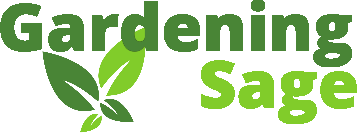Embarking on the journey of organic vegetable gardening is a rewarding experience that brings health, sustainability, and joy to your life.
This guide aims to empower beginners with the knowledge and confidence to start their organic garden and enjoy the fruits (and vegetables!) of their labor.
Understanding Organic Gardening
At its core, organic gardening is about cultivating plants in a way that harmonizes with nature. It involves using natural methods and materials, avoiding synthetic chemicals, and fostering a healthy ecosystem in your garden.
It’s not just about what you grow; it’s about how you grow it. By choosing organic methods, you’re not only ensuring the health of your plants but also contributing to the well-being of the environment.
Benefits of Organic Gardening
The advantages of organic gardening are vast.
Firstly, it ensures that the food you consume is free of harmful chemicals. It also improves the soil’s health over time, contrary to conventional methods that can deplete and damage soil.
Moreover, organic gardening supports biodiversity by providing a habitat for beneficial insects and wildlife.
Planning Your Organic Vegetable Garden
The first step in your gardening journey is planning.
Location is crucial; most vegetables need about six to eight hours of direct sunlight daily. Consider the size of your garden; it’s better to start small and expand as you gain experience.
Raised beds or container gardens are great options for beginners. When selecting vegetables, focus on easy-to-grow varieties like lettuce, spinach, carrots, and radishes.

Soil Preparation and Fertilization
Healthy soil is the cornerstone of a successful garden. Begin by testing your soil to understand its type and nutrient content.
Enrich your soil with organic matter like compost, which provides nutrients and improves soil structure. Natural fertilizers, such as composted manure or seaweed extracts, can also be used to boost soil fertility.
Seeds or Seedlings: Making the Right Choice
You can start your garden with seeds or seedlings. Seeds are more cost-effective and offer a wider variety, but they require more time and care to germinate. Seedlings, though more expensive, can give you a head start on the growing season.
Whichever you choose, ensure they are organic and suitable for your growing conditions.
Planting Your Organic Garden
Once your soil is prepared, it’s time to plant. Follow seed packet instructions or plant seedlings at the recommended spacing.
Water your plants regularly, especially during dry spells, but be mindful not to overwater. Mulching with organic materials like straw or wood chips can help retain soil moisture and suppress weeds.
Natural Pest and Disease Control
Pests and diseases can be challenging in organic gardening, but there are numerous natural methods to tackle them. Encourage beneficial insects, use organic pest repellents, and practice crop rotation to prevent disease build-up.
Regularly inspect your plants for signs of trouble and act promptly using organic solutions.
Caring for Your Growing Garden
Regular maintenance is key to a thriving garden. Weed your garden frequently, as weeds compete with your vegetables for nutrients and water. Prune and thin your plants as needed to ensure they have enough space and resources to grow.
Harvesting Your Organic Produce
The most rewarding part of gardening is harvesting. Pick your vegetables at their peak of ripeness for the best flavor. Regular harvesting often encourages more production.
Enjoying and Sharing Your Harvest
Don’t forget to enjoy the fruits of your labor. Share your harvest with friends and family, and maybe even preserve some for the off-season.
The joy of eating something you’ve grown yourself is unparalleled.
Continuing Your Gardening Journey
Gardening is a learning experience. Keep a journal of your gardening activities and learn from both successes and failures. Experiment with different plants and techniques, and continue expanding your knowledge.
Organic vegetable gardening is a fulfilling hobby that nurtures both the body and soul. It connects us to the earth and provides a sense of accomplishment and peace.
As you delve into this wonderful world, remember that every small step contributes to a healthier, more sustainable planet. Happy gardening!

